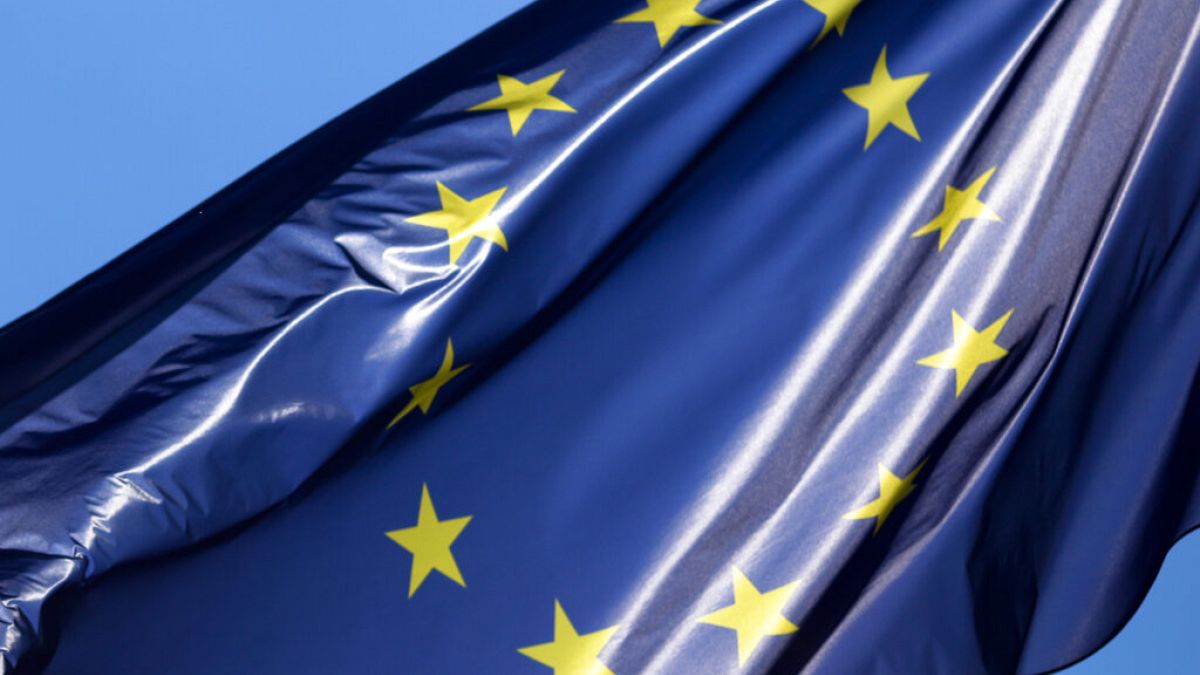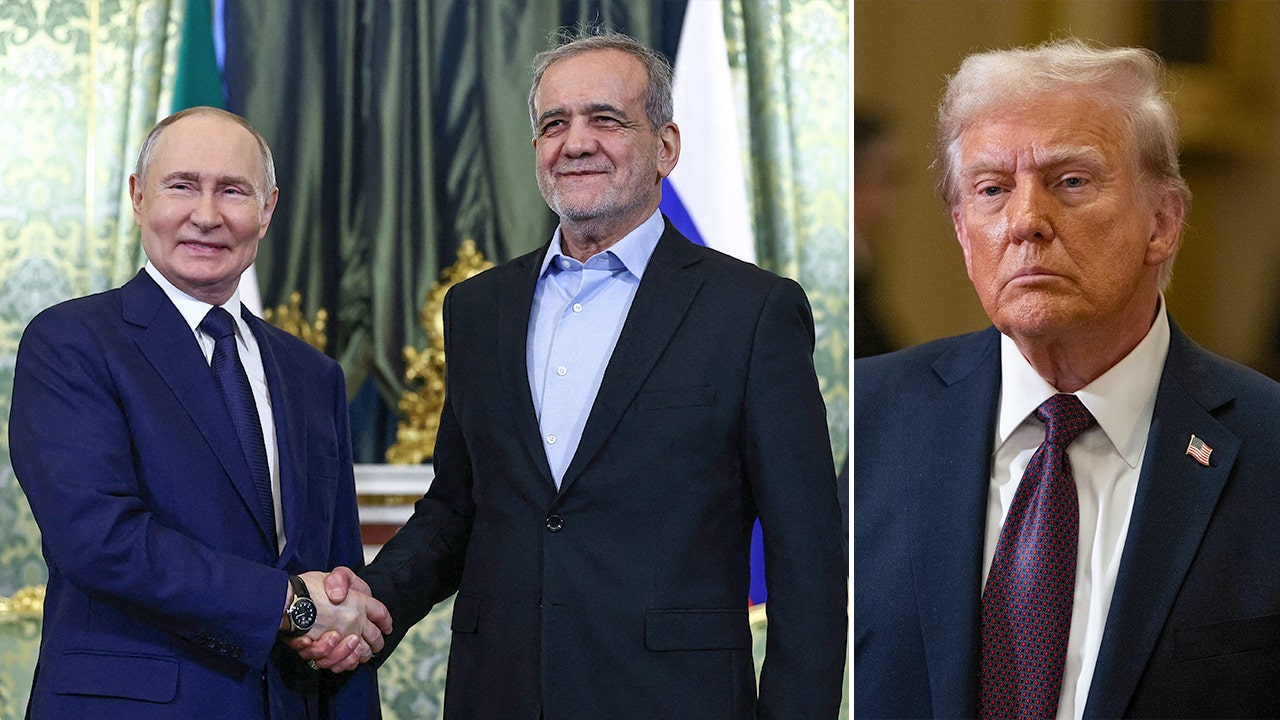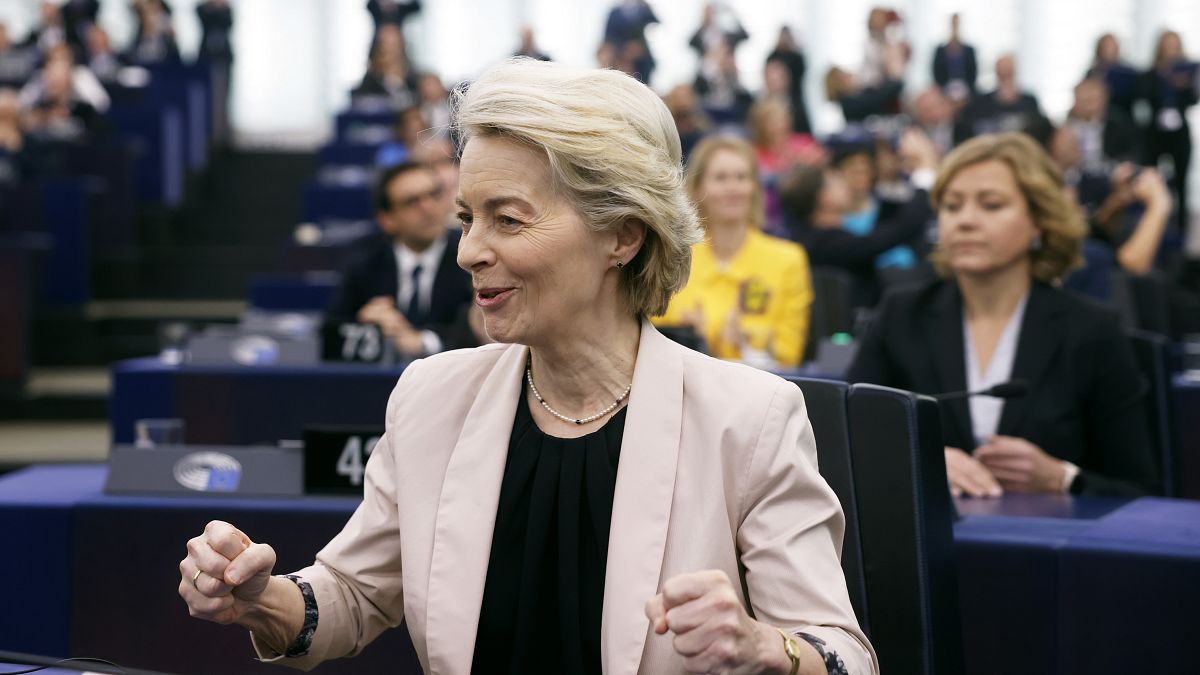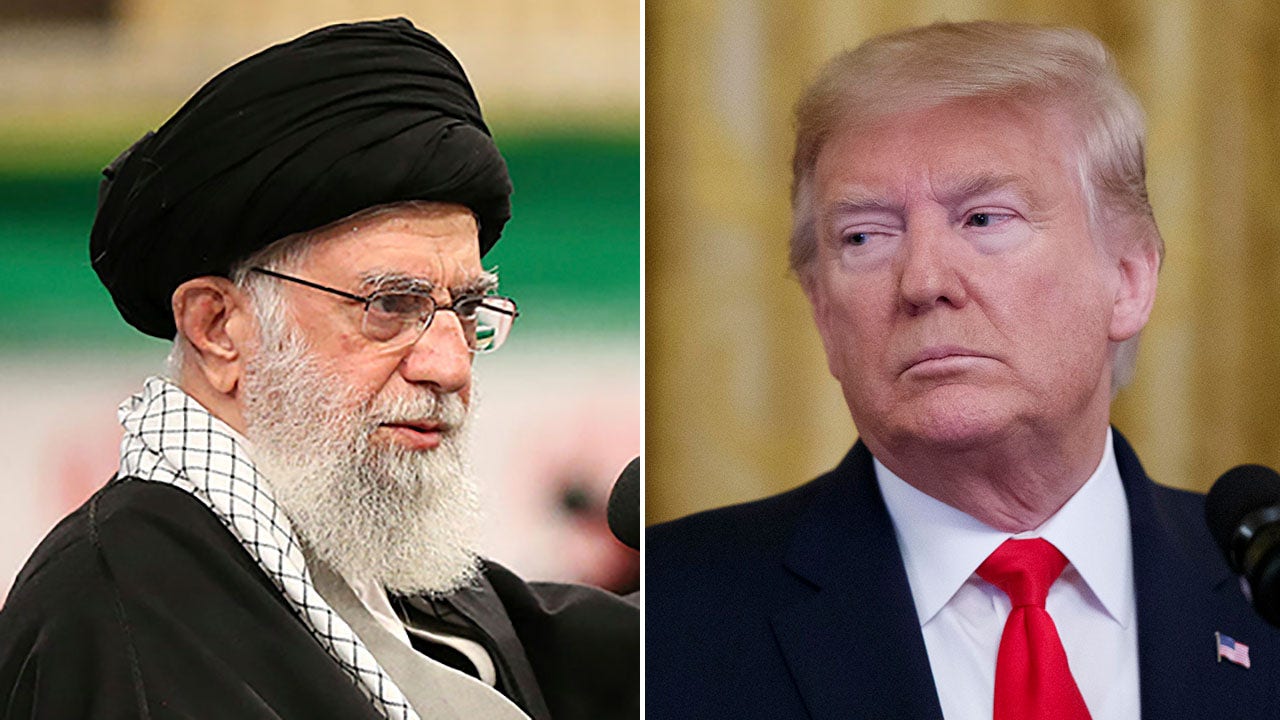Marta Kos, the EU’s Commissioner for Enlargement has said any expansion of the Union will be based on merit rather than geopolitics, and must serve existing Member States as well as future ones.
Speaking on the issue at a hearing of the European Parliament’s Committee on Foreign Affairs in Brussels on Tuesday, she stressed that the process must benefit both current Member States and potential new ones.
“There will be no geopolitical discount. The enlargement process remains merit-based,” Kos stated. “As I told you on November 7th, I will walk the talk about European values. The rule of law and fundamental values will continue to be a cornerstone of the EU’s enlargement policy and the foundations of a reformed and enlarged union in the future.”
Kos’s comments come at a time of heightened attention to the EU’s enlargement process, as Member States closely monitor the progress of countries in the accession negotiations. Ukraine, Georgia, and Moldova, all of which were granted EU candidate status following Russia’s invasion of Ukraine in 2022, are the main focus of current discussions.
Ukraine and Moldova
Formal accession negotiations with Ukraine and Moldova officially began in June 2023. For Ukraine, the move signalled a powerful vote of confidence in the country’s future within the European Union.
However, despite the momentum, both Ukraine and Moldova face significant challenges in their path toward full membership. Moldova, which has long struggled with Russian influence, must contend with increasing pressures from Moscow that threaten its stability and integration into the EU.
At the same time, Ukraine, while largely supported by the EU, faces opposition from some Member States, particularly Slovakia and Hungary, who have been openly critical about its accession.
Georgia
While Ukraine and Moldova move forward nonetheless, Georgia’s path to EU membership appears more uncertain. The country’s ruling party, Georgian Dream, has faced growing scrutiny, with accusations of anti-democratic practices and a pro-Russian stance.
At the end of November Prime Minister Kobakhidze announced that Georgia would postpone its EU bid until 2028. In response citizens across the country began demonstrating daily to demand significant political changes.
These concerns have complicated Georgia’s efforts to gain accession, as the EU struggles to reach a consensus on how to proceed with the case.
Video editor • Abby Chitty
Read the full article here

















